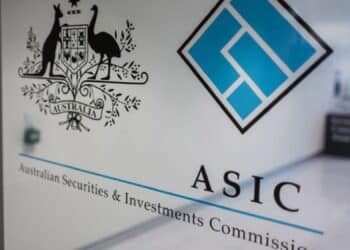This year is shaping up to be a strong one for global economic growth, according to Grange Securities director of economic research Stephen Roberts.
In his current economic quarterly, Roberts outlined his view for the key global economies, suggesting it would be wise for investors to include international equities in their portfolios.
He forecasted that the significant growth already experienced by Japan, China and South Korea this year would be sustained throughout the rest of 2006.
He said growth had been accelerated largely by domestic spending as citizens began to regain confidence in their economies. This, in turn, was good news for Australia, with Japan the nation’s biggest exporter.
Roberts claimed that global escalation would lift Europe, despite its self-imposed hindrances to growth, which he cited as including its single currency system.
“There are 12 European countries that share the Euro as well as the one interest rate of 2.5 per cent, which is too high for Italy… but too low for Spain,” he said.
In regards to the US economy, Roberts said he believed economic growth would be moderate throughout 2006, although companies would maintain strength.
“Poor US government budgeting and low household savings will hold the US current account deficit at a high level,” Roberts said.
“Funding the deficit is likely to become more difficult throughout 2006 and a lengthy period of US dollar weakness is in prospect.”
Finally, for the Australian economy, Roberts predicted that by the end of the year, the nation’s share market would be higher than it is now, although occasional fallbacks should be expected.
“The Australian equities market is having a strong run … and will be helped by further strong growth in company profits,” he said.
Roberts envisaged that overall the global economic growth outlook was favourable for the Australian dollar, which should push above $US0.80 later in the year.





